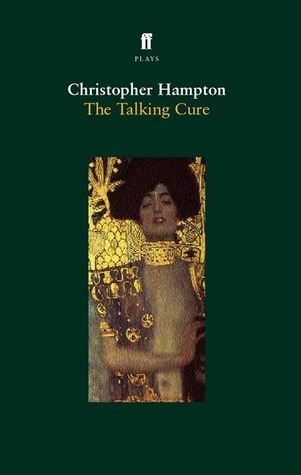
Christopher Hampton's The Talking Cure deals with the early years of C.G. Jung, and his decision to experiment, using Freud's controversial new method of psychoanalysis, with a young Russian patient, Sabine Spielrein. The success of the experiment and the blossoming of his relationship with Sabine inaugurates, haunts and ultimately poisons Jung's friendship with Freud; and the ideas and conflicts which engulf the three of them embody, as Jung comes to realize, the destructive forces which are to overwhelm the disastrous century ahead. The Talking Cure premiered at the National Theatre, London, in December 2002.
Author

Christopher James Hampton CBE, FRSL is a British playwright, screen writer and film director. He is best known for his play based on the novel Les Liaisons dangereuses and the film version Dangerous Liaisons (1988) and also more recently for writing the nominated screenplay for the film adaptation of Ian McEwan's Atonement. Hampton became involved in the theatre while studying German and French at Oxford University where OUDS performed his play When Did You Last See My Mother?, about adolescent homosexuality, reflecting his own experiences at Lancing College, the boarding school he had attended. The play was performed at the Royal Court Theatre in London, and that production soon transferred to the Comedy Theatre, resulting in Hampton, in 1966, becoming the youngest writer to have a play performed in the West End in the modern era. From 1968-70 he worked as the Resident Dramatist at the Royal Court Theatre, and also as the company's literary manager. Hampton won the Academy Award for Best Adapted Screenplay in 1988 for the screen adaptation of his play Dangerous Liaisons. He was nominated again in 2007 for adapting Ian McEwan's novel Atonement. Hampton forthcoming project is the translation into English of Michael Kunze & Sylvester Levay's Austrian musical Rebecca based on Daphne du Maurier's book which is scheduled to premiere in 2009 in Canada, and then move to Broadway in 2010.